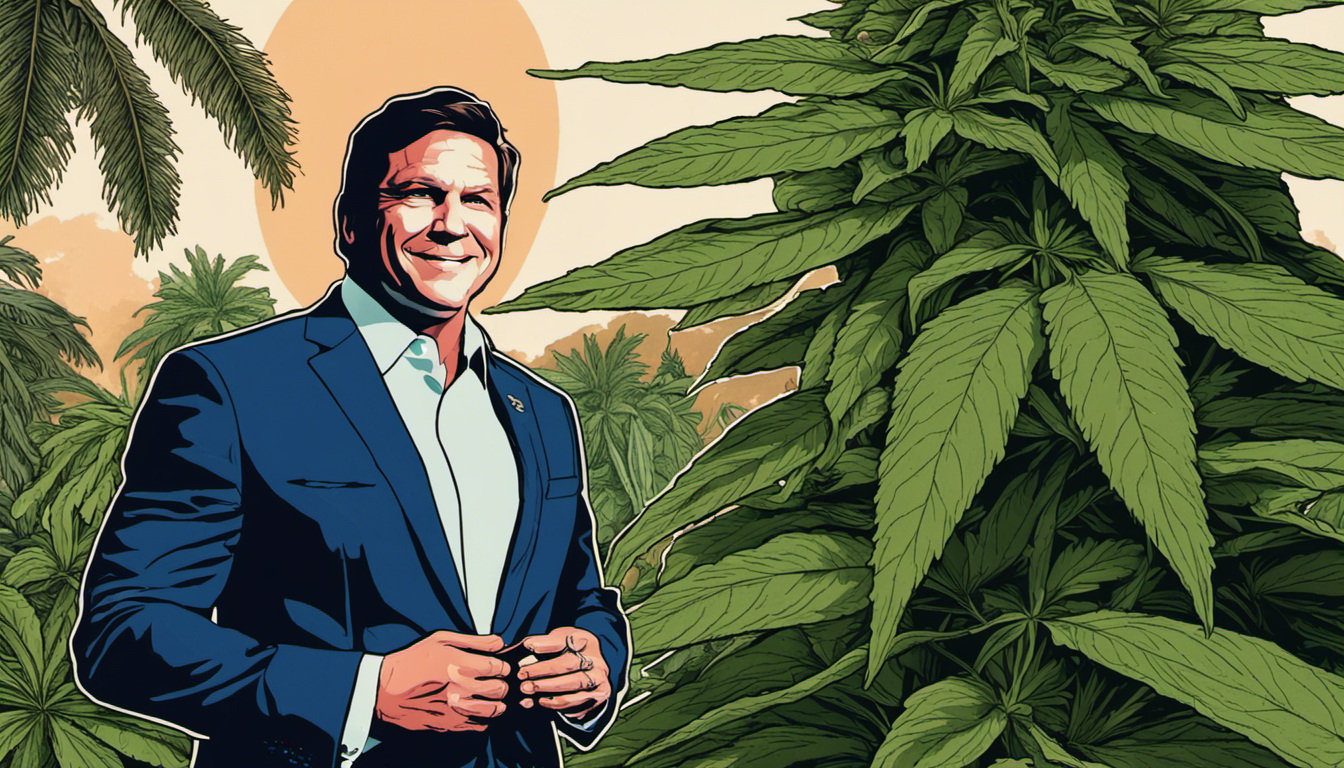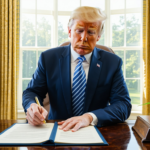Florida Governor Ron DeSantis is taking an unusual stance against legalizing recreational marijuana in the state, despite its broad popularity. The state is already the largest medical marijuana market in the country, with over 831,000 patients spending over $2 billion annually. Legalizing it would open up sales to the state’s 140 million annual visitors.
The cannabis industry is salivating at the prospect, with Tallahassee-based Trulieve, one of the country’s largest pot companies, pouring over $140 million into the effort. However, DeSantis is leading the opposition, citing concerns about the “big weed cartel” that Amendment 3 would create.
DeSantis’ opposition is unusual for several reasons. First, politicians typically don’t volunteer to oppose popular issues, especially when it requires going against their voters, allies, and donors. Second, DeSantis has built his career on anti-wokeness, which might suggest he would be in favor of legalizing weed. However, Trulieve, which won Florida’s first medical marijuana license in 2015, has ties to Tallahassee Republicans when DeSantis was a congressional backbencher.
DeSantis’ position has split Florida Republicans, with some, like Rep. Matt Gaetz, siding with him, while others, like Donald Trump, have endorsed Amendment 3. The governor’s opposition has also led to a proxy fight over how the cannabis industry will shape nationwide.
The controversy surrounding Amendment 3 has also been fueled by the rise of the hemp industry, which has been growing rapidly in Florida. Hemp, which contains a small amount of THC, the intoxicant found in marijuana, has been legalized at the federal level and is being used to make a range of products, including gummies, joints, and vapes. The lower cost and easier production of hemp products have posed a serious threat to licensed weed businesses.
DeSantis has been accused of taking a deal from hemp executives, who have pledged $5 million to the Florida Republican Party in exchange for his veto of a bill that would have banned hemp products. DeSantis has denied any quid pro quo, but his office has real-time access to the list of contributors and is seeing the names and every contribution.
The controversy has led to questions about DeSantis’ motives and whether he is attacking the gray industry of legal weed to benefit the grayer industry of legal hemp. The outcome of the election will have significant implications for the cannabis industry and the state of Florida.












